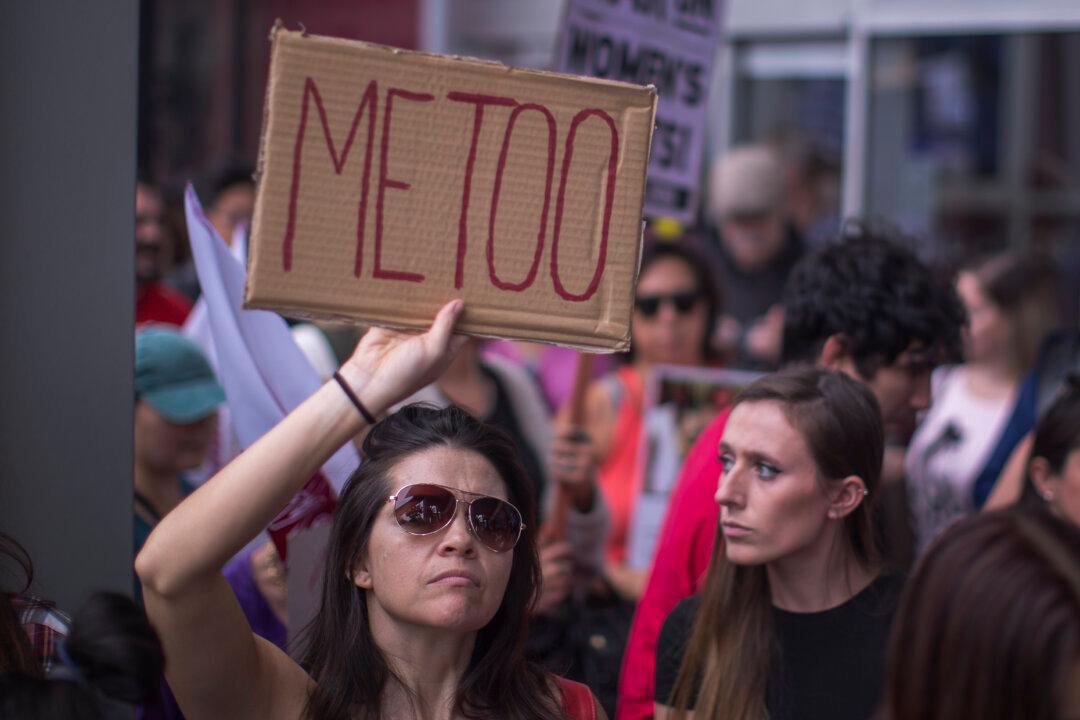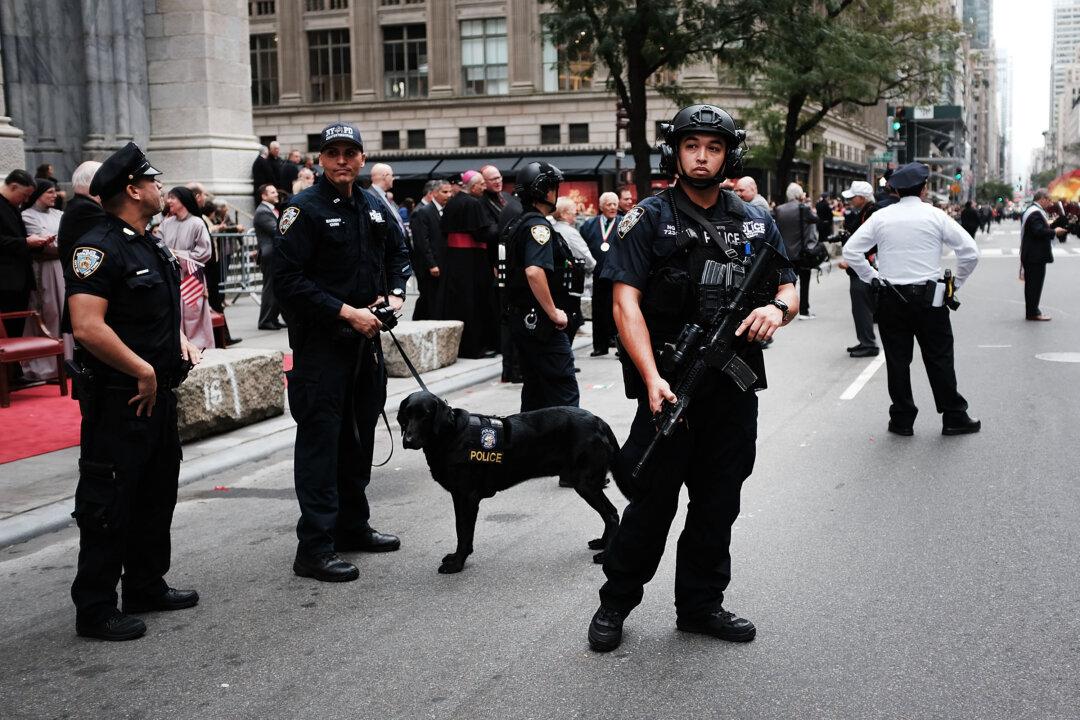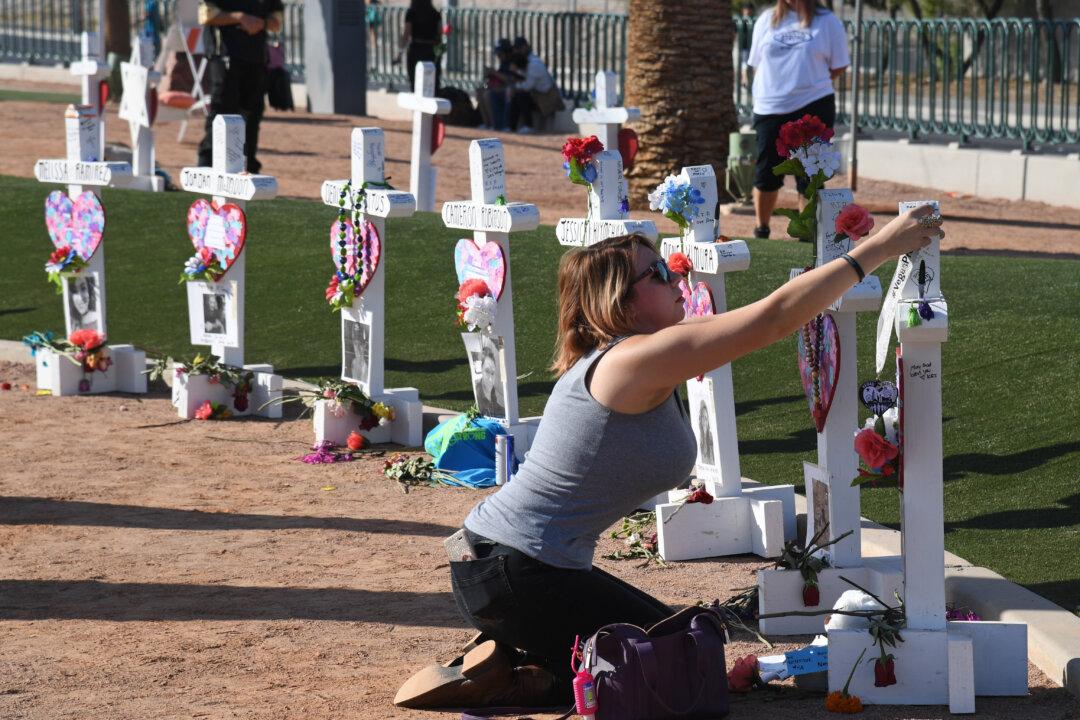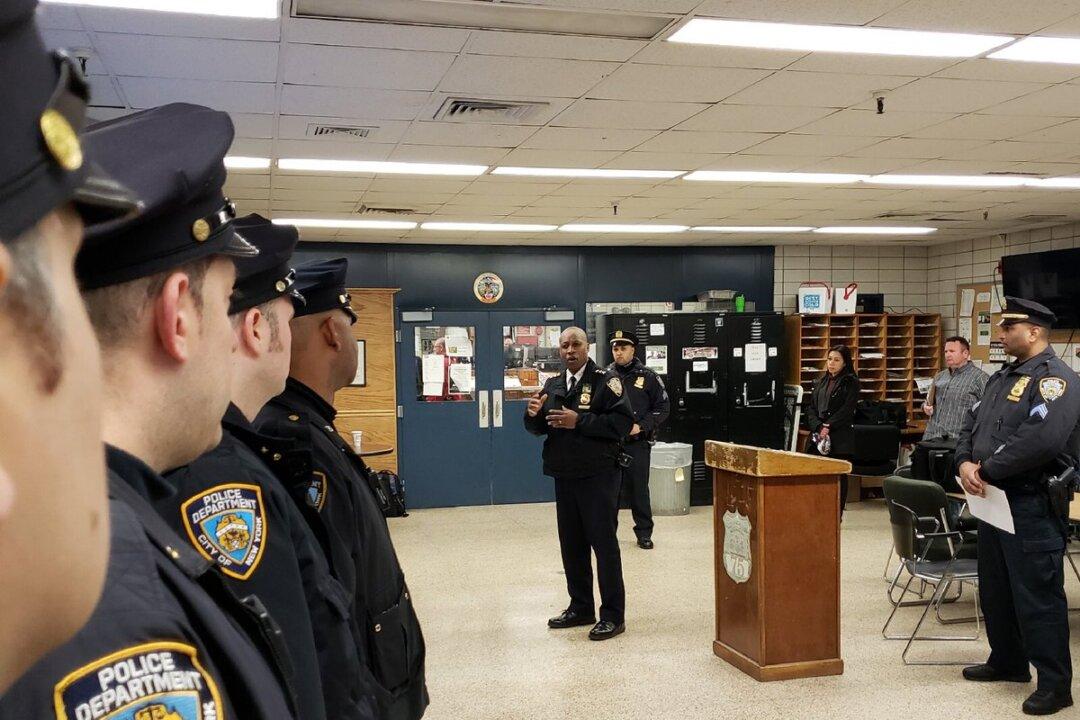The dignity of each human person demands integrity, character, and moral decency. Society demands that these qualities are critical for one’s own personal dignity and must be applied by word, example, and action to all.
Human dignity demands ethical behavior and is diametrically opposed to behavior that dishonors personal reputation, or reflects disrespect toward others.





